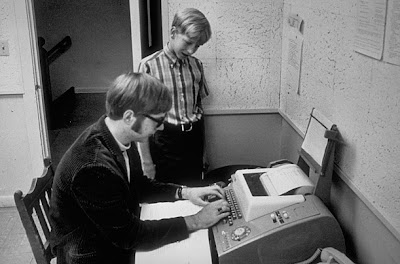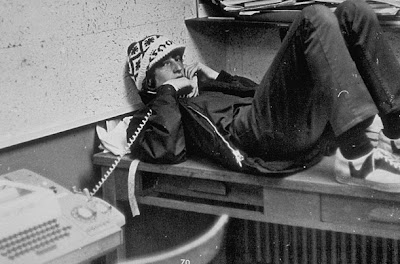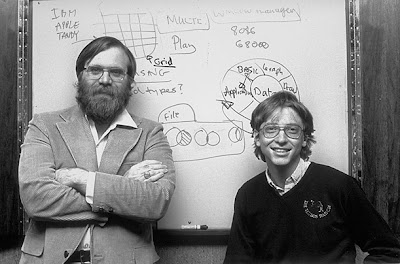Power is a concept that is central to politics. Max Weber defined power as the ability to impose one's will "even in the face of opposition from others", while Hannah Arendt states that "political power corresponds to the human ability not just to act but to act in concert."Many different views of political power have been proposed.
The multiple notions of political power that are put forth range from conventional views that simply revolve around the actions of politicians to those who view political power as an insidious form of institutionalized social control - most notably "anarchists" and "radical capitalists". The main views of political power revolve around normative, post-modern, and pragmatic perspectives.
Normative faces of power debateThe faces of power debate has coalesced into a viable conception of three dimensions of power including decision-making, agenda-setting, and preference-shaping. The decision-making dimension was first put forth by Robert Dahl, who advocated the notion that political power is based in the formal political arena and is measured through voting patterns and the decisions made by politicians.This view has been criticised by many as simplistic, notably by the sociologist G. William Domhoff, who argues that political and economic power is monopolised by the "elite classes".
A second dimension to the notion of political power was added by academics Peter Bachrach and Morton Baratz involving "agenda-setting". Bachrach and Baratz viewed power as involving both the formal political arena and behind the scenes agenda-setting by elite groups who could be either politicians and/or others (such as industrialists, campaign contributors, special interest groups and so on), often with a hidden agenda that most of the public may not be aware of. The third dimension of power was added by British academic Steven Lukes who felt that even with this second dimension, some other traits of political power needed to be addressed through the concept of 'preference-shaping'. Lukes developed the concept of the "Three faces of power" - decision-making power, non-decision-making power, and ideological power.
This third dimension is inspired by many Neo-Gramscian views such as cultural hegemony and deals with how civil society and the general public have their preferences shaped for them by those in power through the use of propaganda or the media. Ultimately, this third dimension holds that the general public may not be aware of what decisions are actually in their interest due to the invisible power of elites who work to distort their perceptions. Critics of this view claim that such notions are themselves elitist, which Lukes then clearly admits as one problem of this view and yet clarifies that as long as those who make claims that preferences are being shaped explain their own interests etc., there is room for more transparency.
Postmodern challenge of normative views of powerSome within the postmodern and post-structuralist field claim that power is something that is not in the hands of the few and is rather dispersed throughout society in various ways. As one academic writes, "...postmodernists have argued that due to a variety of inherent biases in the standards by which ”valid“ knowledge has been evaluated...modernist science has tended to reproduce ideological justifications for the perpetuation of long-standing forms of inequality. Thus, it is the strategy of postmodern science...to identify and, thereby, attack the ”deceiving“ power of universalizing scientific epistemologies."
Pragmatic view of powerSamuel Gompers' maxim, often paraphrased as,"Reward your friends and punish your enemies," hints at two of the five types of power recognized by social psychologists: incentive power (the power to reward) and coercive power (the power to punish). Arguably the other three grow out of these two.
Legitimate power, the power of the policeman or the referee, is the power given to an individual by a recognized authority to enforce standards of behavior. Legitimate power is similar to coercive power in that unacceptable behavior is punished by fine or penalty.
Referent power is bestowed upon individuals by virtue of accomplishment or attitude. Fulfillment of the desire to feel similar to a celebrity or a hero is the reward for obedience. This is an example of incentive power as one rewards oneself.
Expert power springs from education or experience. Following the lead of an experienced coach is often rewarded with success. Expert power is conditional to the circumstances. A brain surgeon is no help when pipes are leaking.
Labels: info






































